Building Bridges in the Heart of Namibia
Last week, the eMAMA consortium gathered in Windhoek for our second annual partner meeting—and what a week it was. Partners from nine universities across Europe and Sub-Saharan Africa came together to advance our shared mission: developing innovative postgraduate training for maternal mental health professionals.
The three-day meeting highlighted precisely why face-to-face collaboration remains indispensable in international partnerships. While we live in a digital world, there’s something transformative about sitting in the same room, working through complex curriculum details, and sharing meals together.
But perhaps most importantly, we experienced authentic Namibian culture — from the vibrant kapana meat market to a memorable celebration on a floating platform outside the city. These weren’t just social activities; they were essential relationship-building moments that strengthened the foundation of our academic partnership.
Technical Progress Meets Human Connection
The meeting itself was highly productive. We finalized the modules for our postgraduate training program, established comprehensive validation frameworks, and made significant progress on implementing our Moodle platform. The technical work was detailed and essential—the kind of behind-the-scenes collaboration that makes international programs actually function.
On Day 2, we conducted our joint program launch with students from Namibia, Zambia, and Malawi joining virtually. Seeing 270 engaged participants on screen, asking practical questions about qualifications, financial support, and international recognition, reminded us why this work matters. These are healthcare professionals seeking to improve maternal mental health care in their communities—and they asked exactly the questions you’d expect from serious, committed learners.
The session went smoothly, with good technical connectivity and strong engagement from all three countries. Students were curious about everything from WhatsApp communication groups to whether the program might eventually offer diploma-level qualifications rather than certificates. Standard questions, but important ones that help us continuously improve the program.
Cultural Exchange: The Heart of Partnership
Beyond the meetings and technical discussions, Windhoek offered us something equally valuable: genuine cultural immersion. Our visit to the kapana market was a highlight: experiencing the energy of Windhoek’s street food culture, trying local specialties (yes, including mopane worms for the brave), and engaging with vendors and customers in this vibrant community gathering place.
The market visit wasn’t a tourism venture; it was a partnership-building exercise. When consortium members share meals and experiences, working relationships deepen. Trust builds. And that trust translates directly into more effective academic collaboration.
Our celebration on a floating platform outside Windhoek perfectly captured this spirit. Consortium partners from multiple continents, representing different universities and healthcare systems, taking time to appreciate the beautiful Namibian landscape together. It’s challenging to quantify the value of these moments, but anyone who has worked on international projects knows they’re essential.
Strong Results, Bright Future
The numbers speak to the program’s success: we’re maintaining a 98% quality score, engaging 270+ students across three countries, and steadily advancing through our technical implementation. Our publication strategy is on track, with two articles planned for completion in August, and we’re preparing for major conferences, including MARCE 2026 in Cape Town.
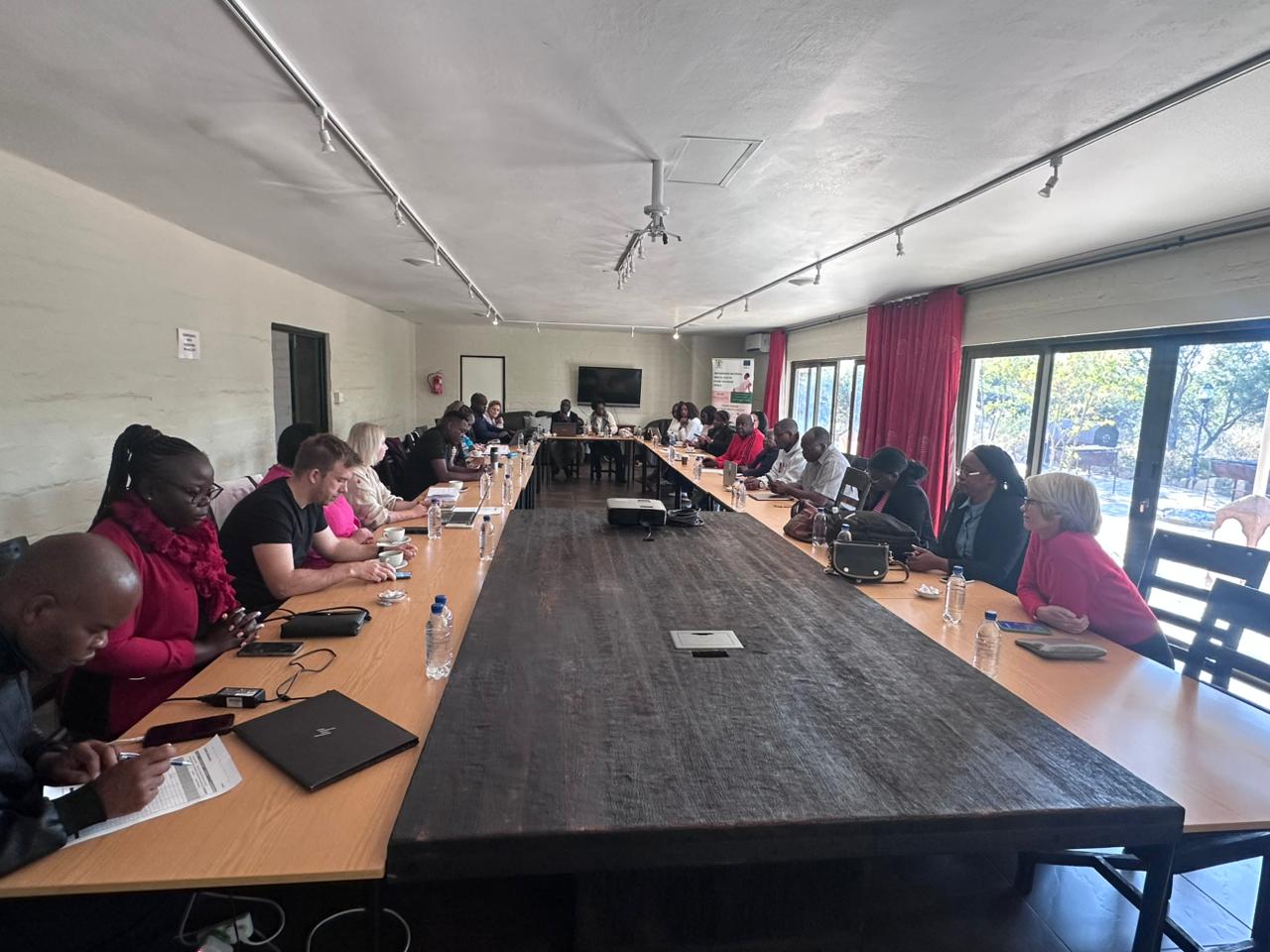
Looking ahead, we’re excited about several developments. Mobile application development is underway, designed to support mothers, health professionals, and community members. Our final conference in Livingstone, Zambia, is in preparation, with plans to reach out to representatives from the UN, WHO, EU-AU partnership, and other key stakeholders.
Perhaps most significantly, student feedback on qualification levels has prompted serious discussions about potentially upgrading the program to diploma status, demonstrating how participant input continues to shape the program’s evolution.
What Makes International Partnership Work
Three days in Windhoek reinforced several key lessons about effective international collaboration:
Cultural context matters. Academic partnerships benefit enormously from authentic cultural exchange. The kapana market visit and floating platform celebration weren’t add-ons—they were integral to building the relationships that make technical collaboration possible.
Hybrid approaches work. Our ability to bring 270 students into the conversation virtually while maintaining in-person consortium discussions showed the power of thoughtful technology integration.
Local ownership drives quality. The program’s 98% quality score reflects a genuine partnership where African institutions aren’t just participants—they’re co-leaders shaping the direction and content.
Student feedback guides improvement. While the questions students asked were practical and expected, incorporating their input continuously improves the program’s relevance and effectiveness.
Looking Forward
As we returned to our home institutions, we carried more than meeting minutes and action items. We had strengthened relationships, deeper cultural understanding, and renewed commitment to the eMAMA mission.
The maternal mental health challenges facing Sub-Saharan Africa are serious and complex. But with strong partnerships, cultural sensitivity, and genuine collaboration between European and African institutions, meaningful progress is possible.
Our next gathering will be in Zambia for the final conference. Until then, the work continues – module development, student support, mobile app creation, and the steady progress of international partnership in action.
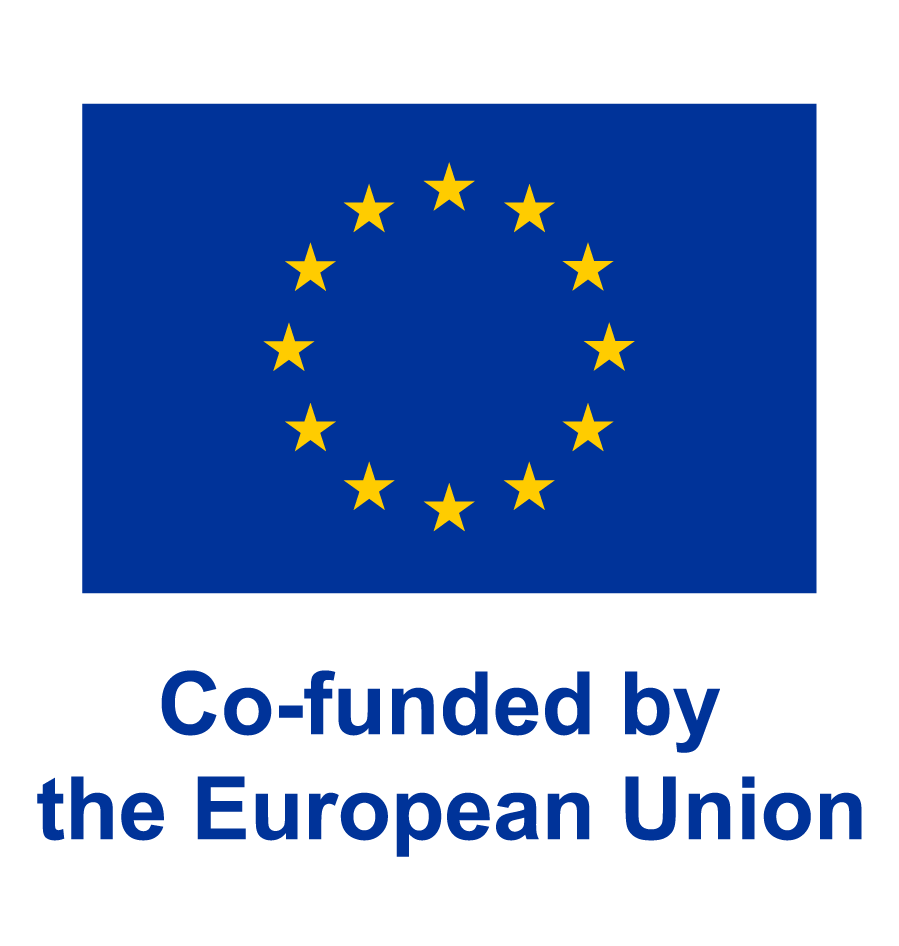
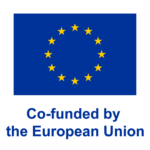
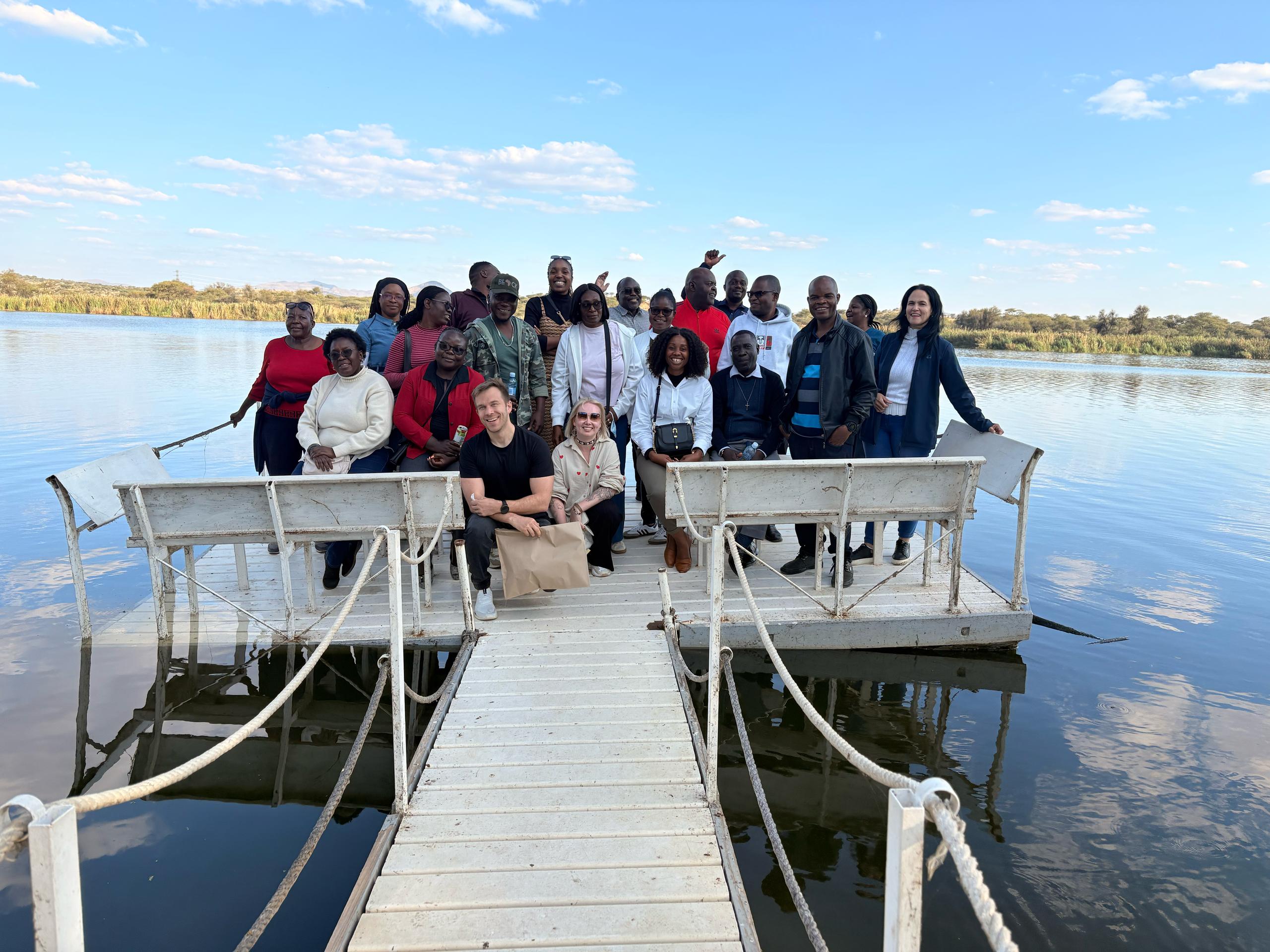
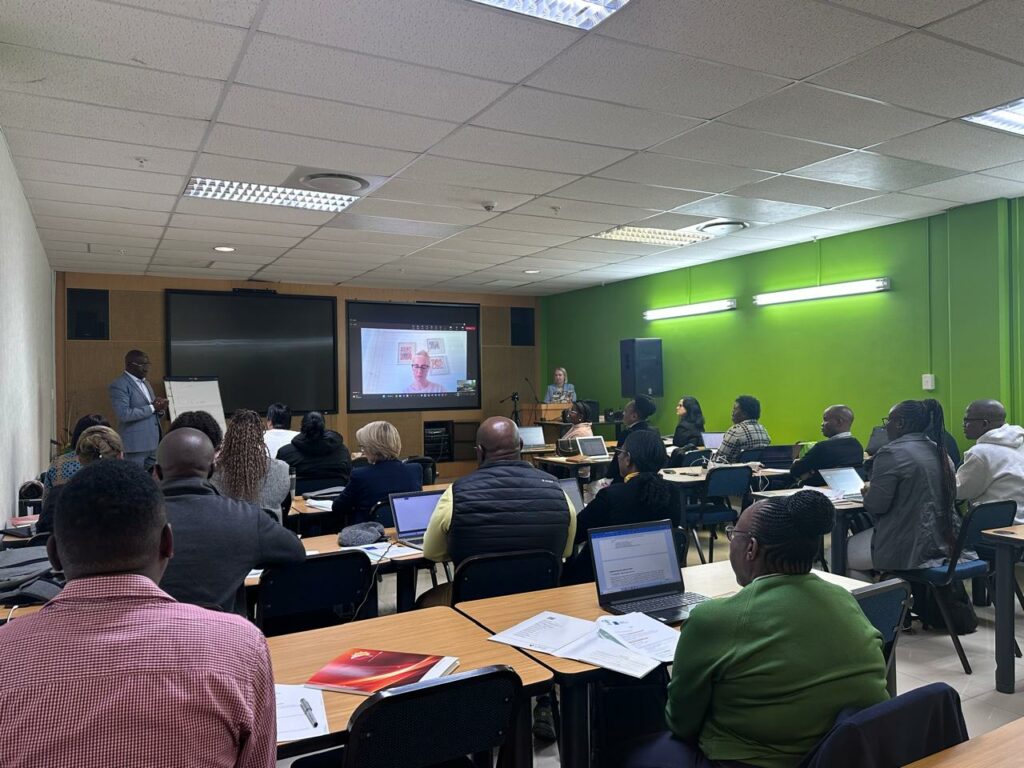
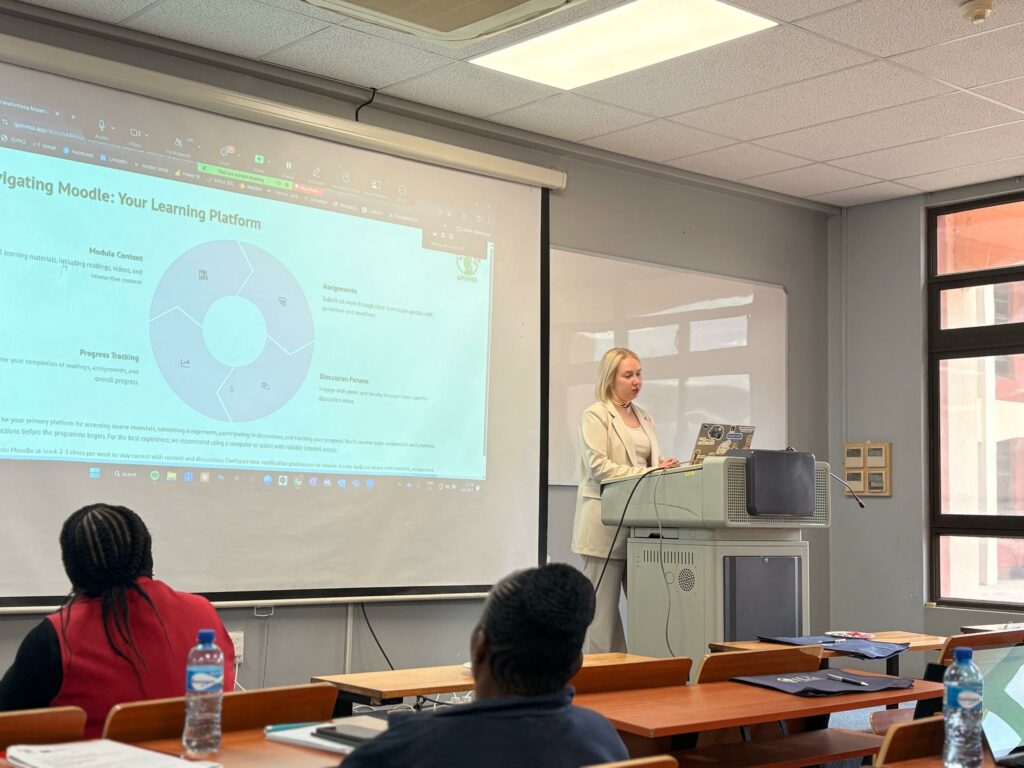
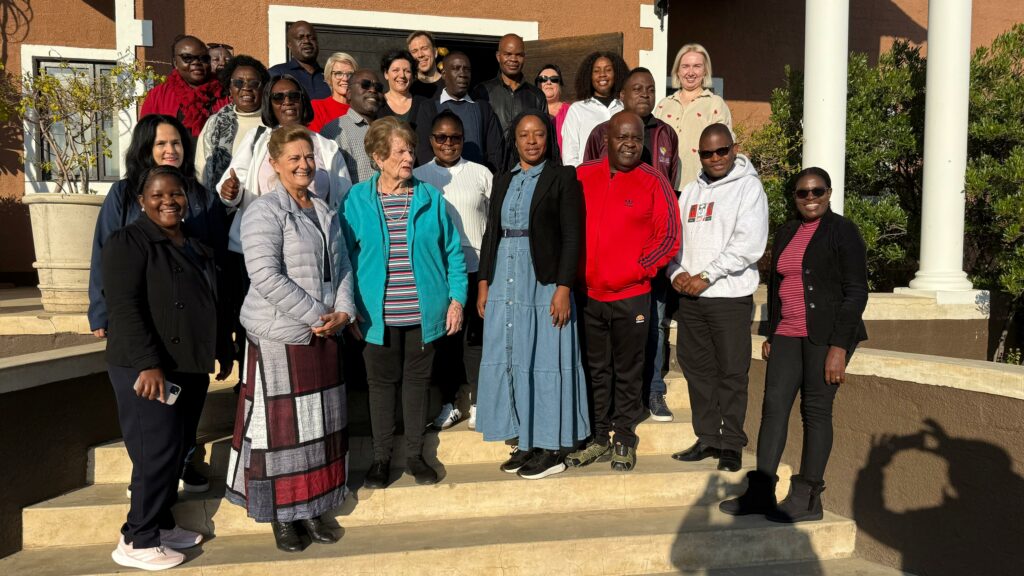
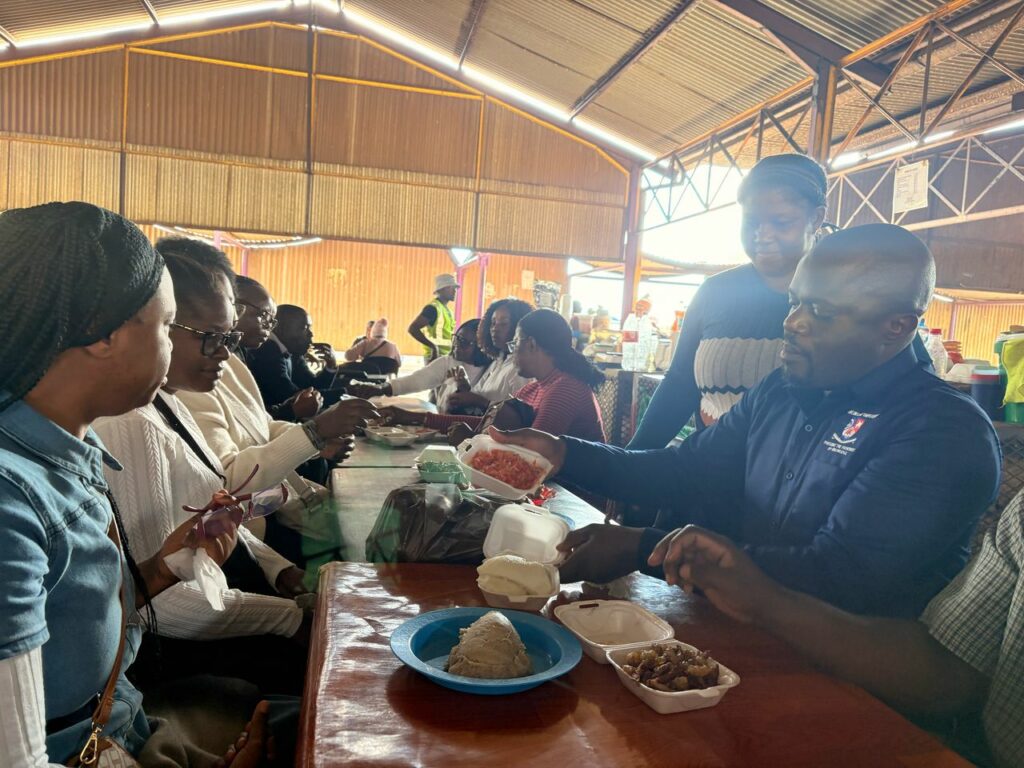
No responses yet